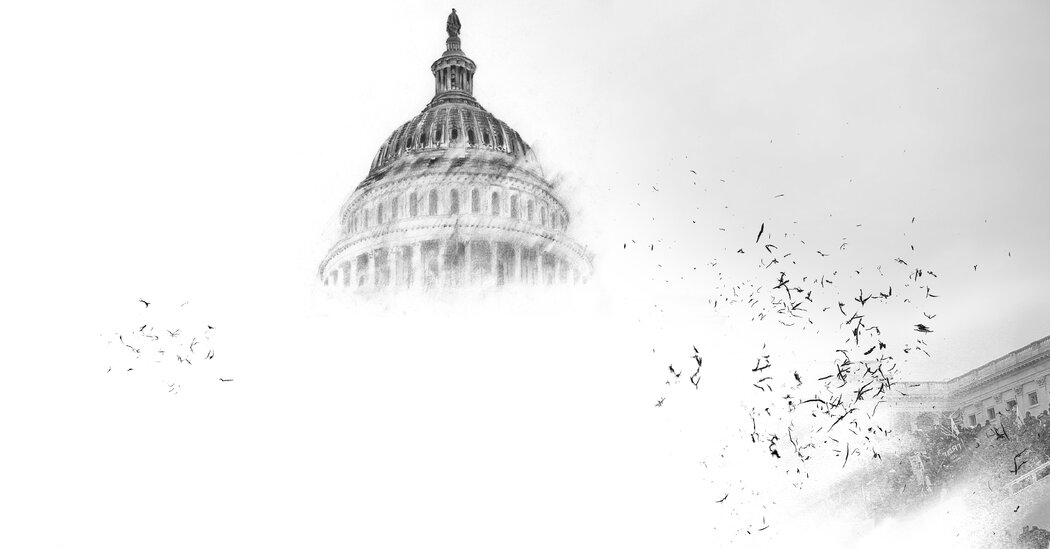The release of that footage — including hours of tape that shows nothing more than a closed door or a vacant parking lot — is emblematic of a related memory crisis. Somewhere, a computer server labors to contain the terabytes of data those videos require. Every day, we depend on our devices to store every photograph, every video, every file. We store all these things because we have learned a bit too well that it is important to remember, to archive, to keep receipts and screenshots. To create a faithful, digitized log not only of our own lives but also of those around us. To “never forget,” and to allow ourselves to believe that merely repeating these words is enough to protect us from the world’s horrors.
For the past many decades, we have been very good students of memory. So good that we have, I think, forgotten what all our memory is for — that it can guide us to choose justice over vengeance, even if the desire for the latter often far outweighs the former.
Revisiting the forgotten idea of oblivion would give us permission to reconsider our unthinking overdependence on memory and perhaps to begin to let go of all the data, digital and otherwise, that we do not need. Memory, after all, is not infinite: It mutates with time, a fact I am reminded of whenever my phone tells me I have run out of cloud storage space or when my computer informs me that an old document can no longer be opened. The same is true of our personal and political memories, which, left to fester for too long, can corrode and transform, causing us to lose sight of their original force and feeling.
Gripped too tightly, memory can become a vengeful and violent force.
While oblivion has been all but forgotten, there are some heartening signs that it is being rediscovered and transformed, its spirit marshaled toward granting individual clemency. To date, 12 states have passed Clean Slate laws that allow for the automatic sealing of misdemeanors and other charges after a set period of time. Over one million Pennsylvanians have benefited from the bill, and over 45 million records have been sealed as a result. Under New York’s Clean Slate Act, which was passed last year, many individuals who have fulfilled their sentences and stayed out of trouble for a set period of time will have their convictions automatically sealed, removing a major obstacle to securing steady employment, housing and benefits. Like Acts of Oblivion, Clean Slate laws neither undo the crimes of the past nor erase the damage wrought, but they do ensure that punishments are not perpetual.
We are seeing a hunger for forgetting elsewhere, too. The European Right to be Forgotten gives individuals the ability to demand data erasure and to request that search engines remove personal data that is no longer relevant and not in the public interest. In the United States, the proliferation of data privacy laws — some of which enshrine the “right to delete” personal data collected by businesses — promises a similar strain of digital oblivion. These measures give individuals a chance to pursue futures that are not circumscribed by the missteps of the past.
